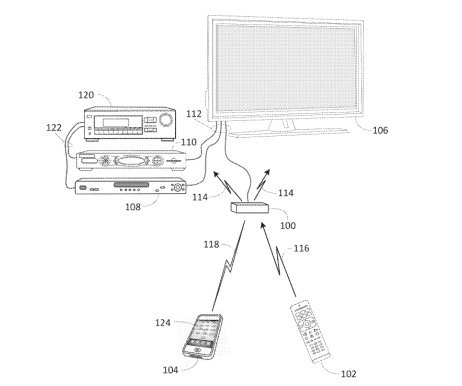A present assignment of future continuation applications
Patently-O
JANUARY 19, 2024
While most of patents are attributable to both joint-inventors, some are only attributable to one or the other. Ownership Rights : Roku argued Universal lacked ownership rights to assert the ‘196 patent because when Universal filed its ITC complaint, it had recently filed a petition to correct inventorship to add a Universal employee.













Let's personalize your content